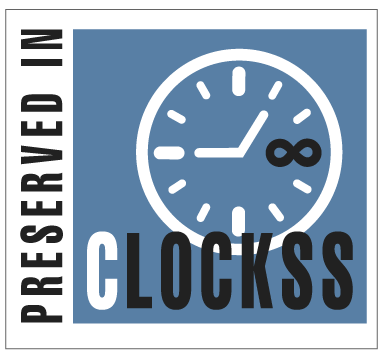Abstract
The non-orthogonal multiple accesses (NOMA) together with Cognitive radio network (CRN) are critical frameworks in the 5G remote transmission framework. Nonetheless, the framework is an outstanding method for the cognitive clients to get a telecommunication from the interference signals in different info numerous yield (MIMO)- NOMA-relied cognitive radio network. For here project, a modern beamforming strategy is introduced for getting a data trade inside similar units as well as adjoining units about every tempering client. The intervention is brought about through a blemished range detecting of the optional clients (SUs). The SUs is expected to get to the essential communication channels. Simultaneously, the essential client moreover gets back to the channel previous to the SUs contact closes. Such comparative method of getting to the essential channel will cause interference between the clients. In this way, we anticipated that the effect of interference would be incredibly decreased by the suggested procedure, also that the recommended approach will boost the whole mystery ratio in the 5G-relied cognitive radio network. The recreation outcomes provide best proof for the presentation of the suggested strategy. The simulation results showed a bit error rate of 0.5% during transmission with a signal-to-noise ratio of 5 dB, in addition to achieving excellent reception accuracy, reaching 99.5%.
Keywords
Beam-forming communications, Cognitive radio, 5G communications, Multi-input multi-output (MIMO) broadcasting, Network channel, Non-orthogonal multiple-access (NOMA), Secrecy rate enhancement
Subject Area
Computer Science
Article Type
Article
First Page
3911
Last Page
3931
Creative Commons License

This work is licensed under a Creative Commons Attribution 4.0 International License.
How to Cite this Article
Al-Jorani, Mohammed Kadim Shaybeth and Beitollahi, Hakem
(2025)
"Enhancing Secrecy Rate for Cognitive Radio Based on 5G Communication Systems,"
Baghdad Science Journal: Vol. 22:
Iss.
11, Article 29.
DOI: https://doi.org/10.21123/2411-7986.5131








